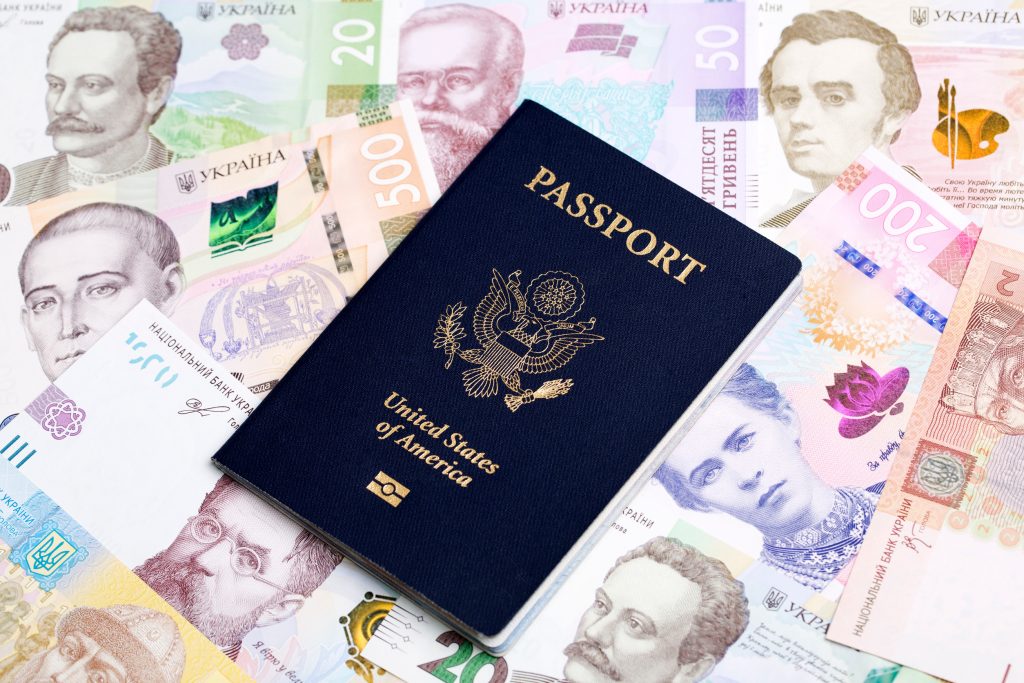
The world of identification has changed dramatically as security standards become more stringent. Consequently, forms of ID that were once perfectly acceptable for travel or banking are now obsolete. Relying on an outdated document often leads to frustrating rejections. Therefore, this article covers nine common items that no longer count as legal ID, even if they were used in the past. In today’s security-conscious world, you must stay current on identification requirements.
1. A Social Security Card
For decades, people used a Social Security card as foundational identification. However, because it lacks a photograph, officials no longer accept it as a primary photo ID. While you still need it for employment and taxes, you cannot use it to prove your identity. For instance, the TSA and banks will not accept this card for photo verification. Ultimately, it serves only to verify your Social Security number, not your identity.
2. A Birth Certificate
A birth certificate proves your age and citizenship, but it isn’t a photo ID. To clarify, officials require it to get a driver’s license or passport. However, you cannot present the certificate by itself for identification purposes. It functions as a “breeder document,” not a standalone ID for daily transactions. Therefore, a birth certificate no longer counts as legal ID on its own.
3. A Standard (Non-REAL ID) Driver’s License for Federal Purposes
In 2005, the REAL ID Act established new security standards for state IDs. As a result, federal agencies no longer accept standard licenses for federal purposes. For example, you cannot use them to board flights or enter secure federal buildings. While still valid for driving, these older licenses are useless in a federal context. Consequently, this has caused a nationwide push for residents to update their credentials.
4. A Student ID Card
In the past, some businesses accepted student IDs for discounts or age verification. However, these IDs are not valid for any serious legal or financial transaction. This is because private institutions, not the government, issue them. Furthermore, they lack the security features of official government IDs. That is why student IDs no longer count as legal ID for banking or air travel.
5. An Expired Driver’s License or Passport
Although it seems obvious, many people assume a grace period exists for expired IDs. However, for most official purposes, an expired ID is immediately invalid. This includes air travel, alcohol purchases, and financial transactions. While some states offer a renewal grace period, this applies to driving only. In short, an expired document no longer counts as a valid legal ID.
6. A Temporary Paper ID without a Previous Photo ID
When you renew your license, the DMV often issues a temporary paper copy. Usually, this temporary document is not acceptable on its own. The TSA, for example, requires you to present your old photo ID with it. Without an expired ID to corroborate it, the paper printout is invalid. In fact, it is one of the key things that no longer counts as legal ID.
7. A Global Entry Card for Proving Age
A Global Entry card is a federal document for pre-approved, low-risk travelers. It allows them to have expedited clearance when arriving in the U.S. While it is a valid ID for boarding flights, it does not list a date of birth. Therefore, you cannot use it to purchase age-restricted items like alcohol. This makes it a federal ID that no longer counts for age verification.
8. A Library Card
While it seems like a relic, some small towns once saw a library card as local ID. Today, however, a library card holds no weight as legal identification. This is because libraries issue them with minimal verification. Moreover, the card lacks any significant security features. For these reasons, a library card no longer counts as legal ID.
9. A Digital Photo of Your ID
Although carrying a picture of your ID on your phone is a convenient backup, it is not a substitute. For instance, law enforcement and government agencies require the physical card. They need it to verify security features and prevent fraud. While some states are developing digital licenses, a simple photo is not the same. Consequently, a snapshot on your phone no longer counts as legal ID.
Keeping Your Identification Current
Overall, the standards for valid legal identification constantly evolve. Authorities are phasing out once-trusted documents for more secure credentials. For example, they now favor REAL ID-compliant licenses and passports. To avoid rejection or delays, you must carry a current, government-issued photo ID. Ultimately, understanding your ID’s limitations is an essential part of navigating modern life.
Have you ever been told an ID you presented was no longer valid? Share your story in the comments below.
Read More:
Don’t Panic: TSA Just Approved These 10 Real ID Workarounds
5 Ways Criminals Target Tourists—And How to Outsmart Them
The post 9 Things That No Longer Count As Legal ID (But Used To) appeared first on Budget and the Bees.







